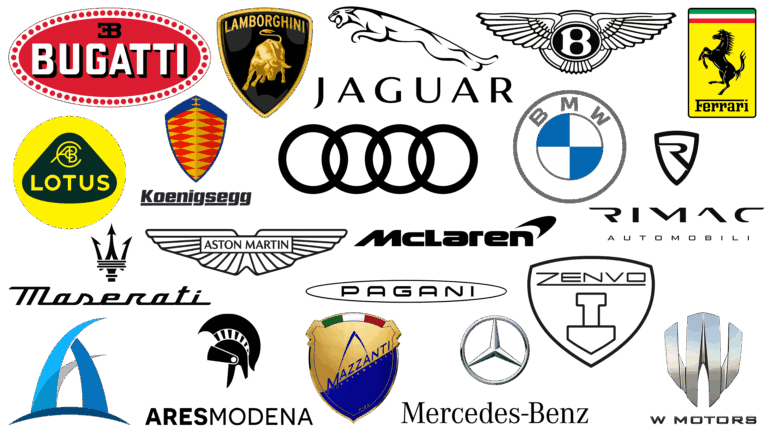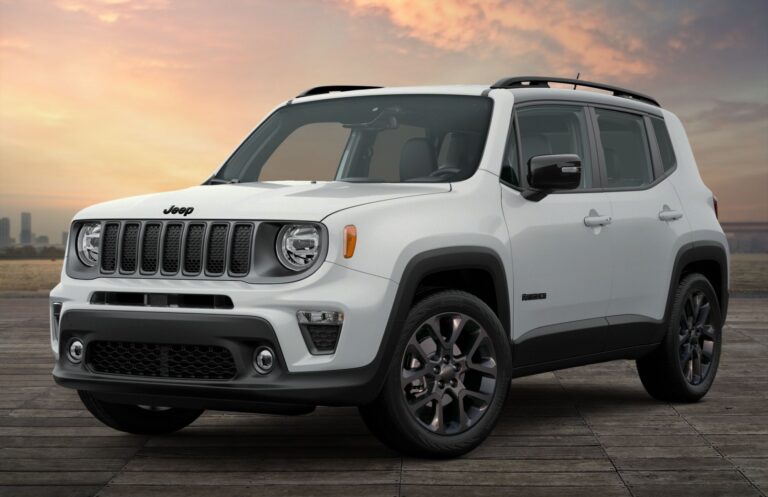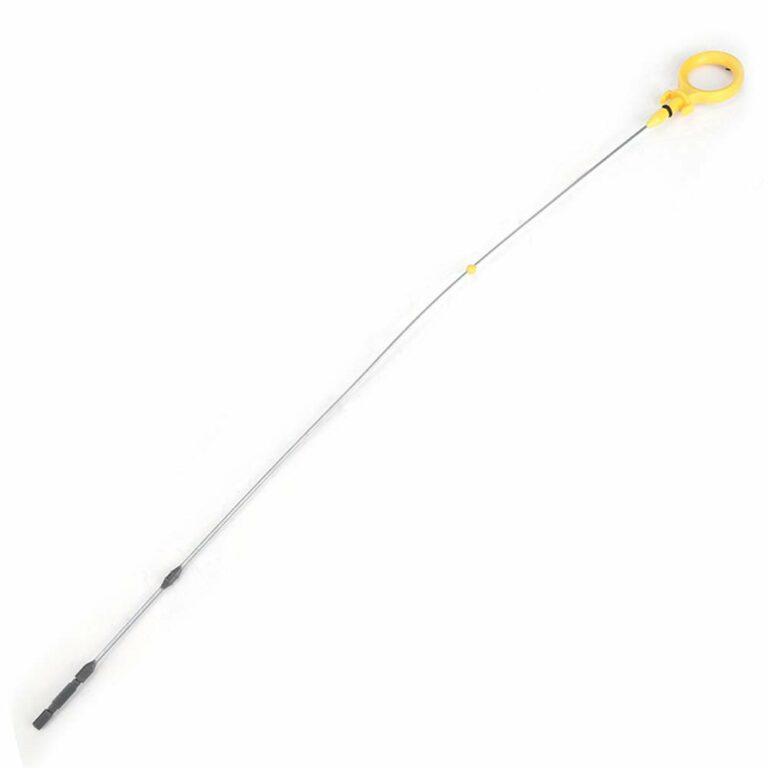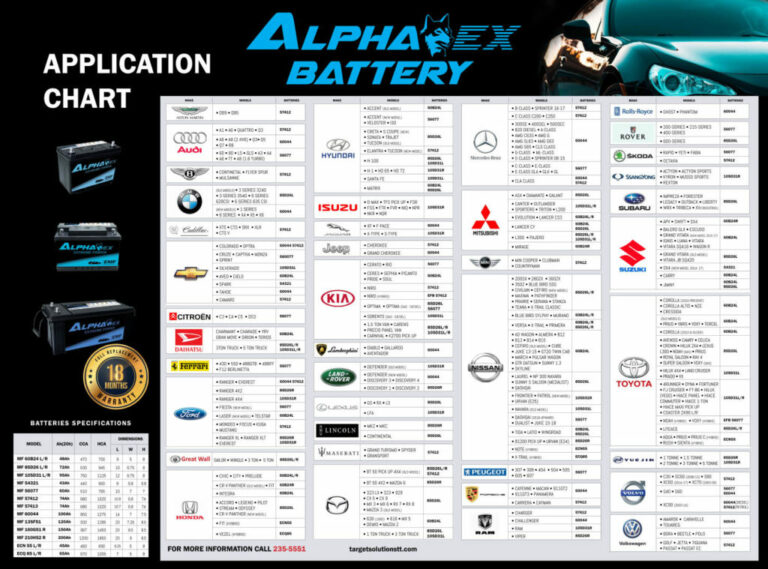Branded Title Car Values: Unlocking the Real Worth of Salvage, Rebuilt, and Other Notations
Branded Title Car Values: Unlocking the Real Worth of Salvage, Rebuilt, and Other Notations cars.truckstrend.com
In the vast and varied landscape of the automotive market, "branded title" cars often exist in a category of their own, shrouded in a mix of skepticism and opportunity. A branded title, unlike a clean title, signifies that a vehicle has experienced a significant event in its history – be it severe damage, a manufacturer buyback, or other impactful occurrences – that permanently affects its designation. Understanding "Branded Title Car Values" is not just about knowing a lower price tag; it’s about discerning the true worth, inherent risks, and potential benefits of these vehicles.
For the uninitiated, the term "branded title" can be alarming, often conjuring images of irreparable damage or unsafe conditions. However, for savvy buyers and sellers, it represents a unique segment where significant savings can be realized, provided one approaches the transaction with knowledge, diligence, and a clear understanding of the implications. This comprehensive guide will delve into the intricacies of branded title car values, exploring their various forms, the factors that dictate their worth, and practical advice for navigating their purchase and sale.
Branded Title Car Values: Unlocking the Real Worth of Salvage, Rebuilt, and Other Notations
Understanding Branded Titles: A Spectrum of Conditions
A branded title is a permanent notation on a vehicle’s registration document issued by a state’s Department of Motor Vehicles (DMV) or equivalent authority. It signals to future owners that the vehicle has a history that might affect its safety, performance, or resale value. Not all branded titles are created equal; they represent a spectrum of conditions, each with its own implications:
- Salvage This is perhaps the most common and widely recognized branded title. A vehicle receives a salvage title when an insurance company declares it a "total loss." This typically happens when the cost of repairing the damage (from an accident, flood, fire, theft, or vandalism) exceeds a certain percentage of the vehicle’s actual cash value (ACV), often between 70-100%, depending on the state. A salvage titled car is usually not roadworthy and cannot be legally driven until it’s repaired and inspected.
- Rebuilt/Reconstructed Once a salvage vehicle has been professionally repaired and thoroughly inspected by the state to ensure it meets safety standards, its title can be upgraded to "rebuilt" or "reconstructed." This signifies that the car is now roadworthy, but the original salvage history remains permanently attached to its record. Rebuilt vehicles generally hold more value than pure salvage titles due to their road-legal status.
- Flood This brand indicates that the vehicle has sustained significant water damage, often submerging critical electrical or mechanical components. Flood damage can be particularly insidious, leading to long-term issues like rust, mold, and electrical malfunctions that may not manifest immediately.
- Lemon Also known as a "Manufacturer Buyback," this title is issued when a manufacturer repurchases a vehicle from a consumer due to a significant, unfixable defect or persistent mechanical issues that could not be repaired after multiple attempts under warranty. While the defect may have been fixed before resale, the "lemon" brand alerts future buyers to its problematic past.
- Hail Damage In areas prone to severe hailstorms, vehicles with extensive cosmetic damage (dents, broken glass) but otherwise sound mechanicals may receive a hail damage title. The value impact here is often less severe than with structural damage, but it’s still a permanent mark.
- Junk/Scrap Similar to salvage, but often indicating a vehicle that is beyond economical repair and intended only for parts or crushing. It cannot be registered for road use.
- Odometer Rollback/Tampered While less common today due to digital odometers, this brand indicates that the vehicle’s mileage has been illegally altered. This significantly impacts value and trust.

Each title brand tells a different story about the car’s past, and understanding these narratives is the first step in assessing its true value.
Factors Influencing Branded Title Car Values
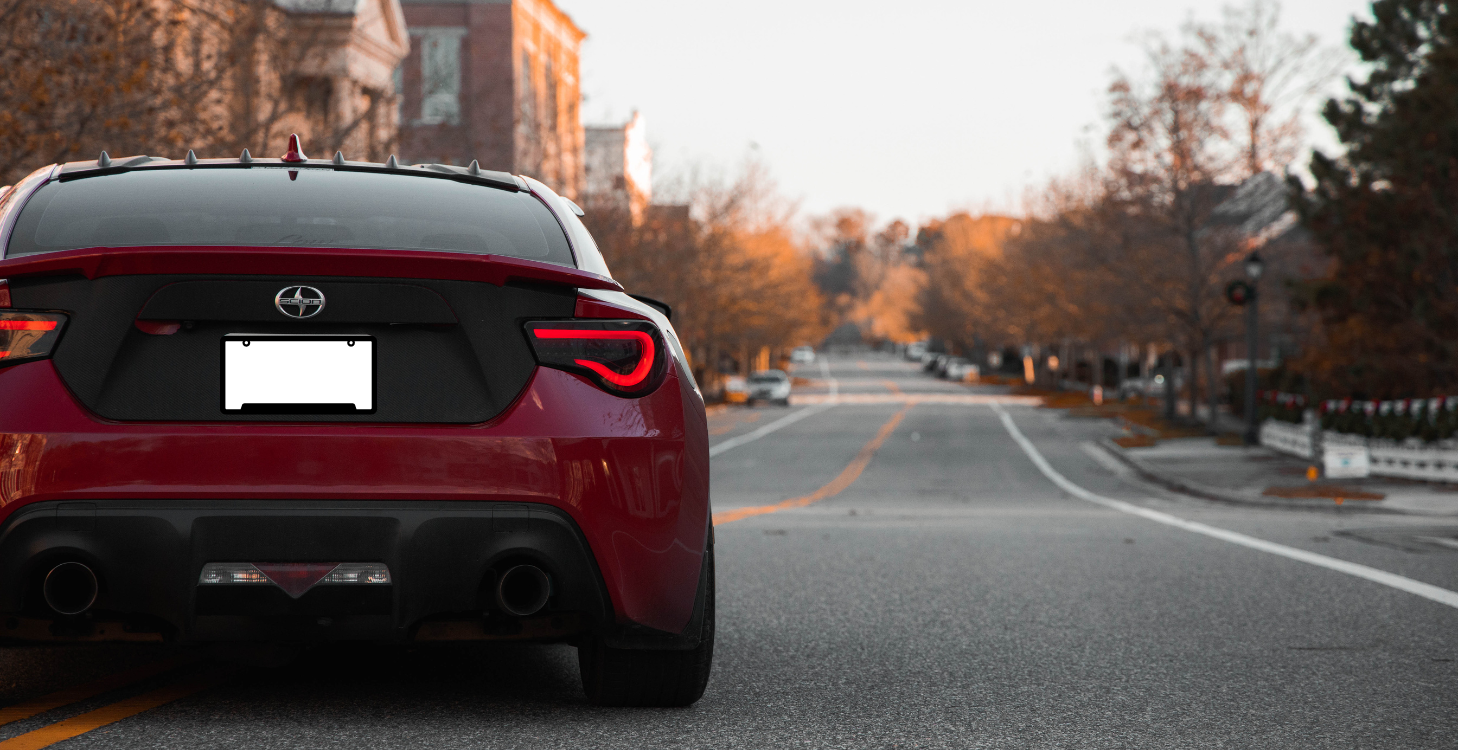
The value of a branded title car is a complex equation, far more nuanced than simply deducting a fixed percentage from a clean title equivalent. Several critical factors come into play:
- Type of Brand: As detailed above, a "rebuilt" title generally commands a higher price than a "salvage" title, as it’s road-ready. A "hail damage" title might impact value less severely than a "flood" title, given the differing nature of potential long-term issues.
- Extent and Nature of Original Damage: This is paramount. Was the original damage primarily cosmetic (e.g., hail, minor collision to a non-structural panel) or severe (e.g., structural frame damage, engine submergence, fire)? Vehicles with superficial damage, expertly repaired, will hold more value than those that suffered severe, foundational trauma.
- Quality of Repairs and Documentation: Professional, documented repairs using OEM (Original Equipment Manufacturer) parts significantly boost confidence and value. A car repaired by a certified shop with detailed invoices, before-and-after photos, and official inspection reports will be worth substantially more than one with questionable, undocumented, or DIY fixes.
- Vehicle Make, Model, Year, and Mileage: Standard depreciation factors still apply. A newer, low-mileage, popular model with a branded title will generally be worth more than an older, high-mileage, less desirable model, even with the same title brand.
- Market Demand and Rarity: Niche or collectible vehicles with branded titles might retain a higher percentage of their value, especially if the damage was minor and repaired impeccably, due to their inherent scarcity. Mass-market cars, however, face stiffer competition and more significant discounts.
- Seller Transparency and Reputation: An honest seller who fully discloses the vehicle’s history, provides all documentation, and is willing to facilitate a pre-purchase inspection builds trust, which can positively influence the perceived value and ease of sale.
- Geographic Location and State Laws: Some states have stricter inspection processes for rebuilt titles, potentially lending more credibility. Additionally, local market conditions and the prevalence of branded titles in a region can influence demand and pricing.
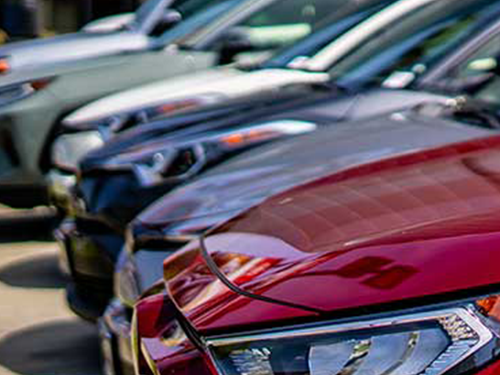
The Value Proposition: Benefits & Drawbacks
Buying a branded title car can be a double-edged sword. Understanding the pros and cons is crucial for making an informed decision.
Benefits:
- Significant Cost Savings: This is the primary allure. Branded title cars are typically priced 20% to 50% (or even more) below their clean-title counterparts, offering a substantial discount on the initial purchase price.
- Access to Higher-End Vehicles: The cost savings can make luxury or newer models more accessible than they would be with a clean title.
- Ideal for Specific Use Cases: For those with mechanical expertise, a branded title car can be a rewarding project. They can also be excellent candidates for track cars, off-road vehicles, or even parts donors, where a clean title isn’t a priority.
- Lower Depreciation Post-Purchase: While the initial depreciation from clean to branded is steep, the subsequent depreciation curve on a branded title car can be flatter, as a significant portion of its value has already been lost.
Drawbacks:
- Financing Challenges: Many lenders are hesitant to finance branded title vehicles due to the perceived higher risk and lower collateral value. Those that do may offer less favorable terms (higher interest rates, larger down payments).
- Insurance Hurdles: Securing full-coverage insurance (comprehensive and collision) can be difficult or impossible, especially for salvage titles. Even for rebuilt titles, premiums might be higher, and payout in case of a future total loss could be limited to the vehicle’s branded title value, which is significantly lower.
- Resale Difficulties: Selling a branded title car is often harder and takes longer. The buyer pool is smaller, and you’ll likely have to offer a substantial discount to attract interest.
- Potential for Hidden Problems: Despite inspections, some damage (especially electrical or structural) might not be immediately apparent and could lead to unforeseen, costly repairs down the line. Flood-damaged vehicles are notorious for this.
- Safety Concerns: If repairs were not conducted to a high standard, there could be lingering safety issues. This underscores the critical need for a thorough inspection.
- Stigma: Despite perfect repairs, the "branded" label carries a stigma that can deter many potential buyers.
A Buyer’s Guide: Smart Steps to Valuation and Purchase
For those considering a branded title vehicle, diligence is paramount. Here’s how to approach the purchase:
- Do Your Homework: Understand the specific type of brand and what it implies. Research the common issues associated with that brand (e.g., rust and electrical problems with flood titles, structural integrity with collision titles).
- Obtain a Comprehensive Vehicle History Report (VHR): Services like CarFax and AutoCheck are invaluable. These reports detail the vehicle’s title history, reported accidents, odometer readings, and service records. Pay close attention to the nature of the damage that led to the branding.
- Mandatory Pre-Purchase Inspection (PPI) by an Independent Mechanic: This is non-negotiable. Hire a reputable, independent mechanic (preferably one specializing in the type of damage, e.g., a body shop expert for collision damage, or an electrical specialist for flood damage) to conduct a thorough inspection. They can identify hidden issues, assess the quality of repairs, and give an objective opinion on the car’s condition and safety.
- Review All Repair Documentation: Ask the seller for all repair receipts, invoices, and photos taken before and after the repairs. These documents are crucial for verifying the quality and extent of the work done.
- Thorough Test Drive: Drive the car extensively, paying attention to any unusual noises, vibrations, steering issues, or electrical glitches. Test all features – A/C, radio, windows, lights, etc.
- Check Insurance and Financing Eligibility: Before committing, get insurance quotes. Be transparent about the branded title. Many companies may refuse full coverage, or offer it at a higher premium with reduced payout limits. Similarly, inquire with lenders about their policies on branded titles.
- Understand State Regulations: Familiarize yourself with your state’s laws regarding branded titles, registration, and inspection requirements. Some states are stricter than others.
- Negotiate Hard: Given the inherent risks and lower demand, you have significant leverage. Be prepared to walk away if the price isn’t right or if the seller isn’t transparent.
Selling a Branded Title Car: Maximizing Your Return
Selling a branded title car requires a strategic approach to attract the right buyers and achieve a fair price.
- Full Transparency is Key: Disclose the branded title upfront in your listing and in all communications. Honesty builds trust and prevents wasted time or potential legal issues down the road.
- Document Everything: Gather all repair records, before-and-after photos, and any inspection certificates. This documentation is your strongest selling point, proving the quality of the repairs.
- Price Strategically: Research comparable branded title vehicles in your area. Expect to price your car significantly lower than a clean-title equivalent. Be realistic, but also highlight the value proposition (e.g., "Get a luxury car at an economy price").
- Target the Right Market: Your buyer pool will be smaller. Focus on platforms that cater to bargain hunters, mechanics, or those specifically seeking project cars.
- Highlight the Benefits: Emphasize the quality of repairs, any remaining manufacturer or repair shop warranty, and the significant cost savings for the buyer.
- Be Patient: It may take longer to sell a branded title car compared to a clean-title vehicle.
Factors Affecting Branded Title Car Value and Their Typical Impact
As a universal price table for branded title cars is impossible due to the sheer variability of their conditions, the table below illustrates the critical factors that influence their value relative to a clean-title equivalent and their typical impact.
| Factor | Description | Typical Impact on Value (Relative to Clean Title) |
|---|
/filters:quality(60)/2020-11-20-What-Is-a-Branded-Title-inline-table.png)
